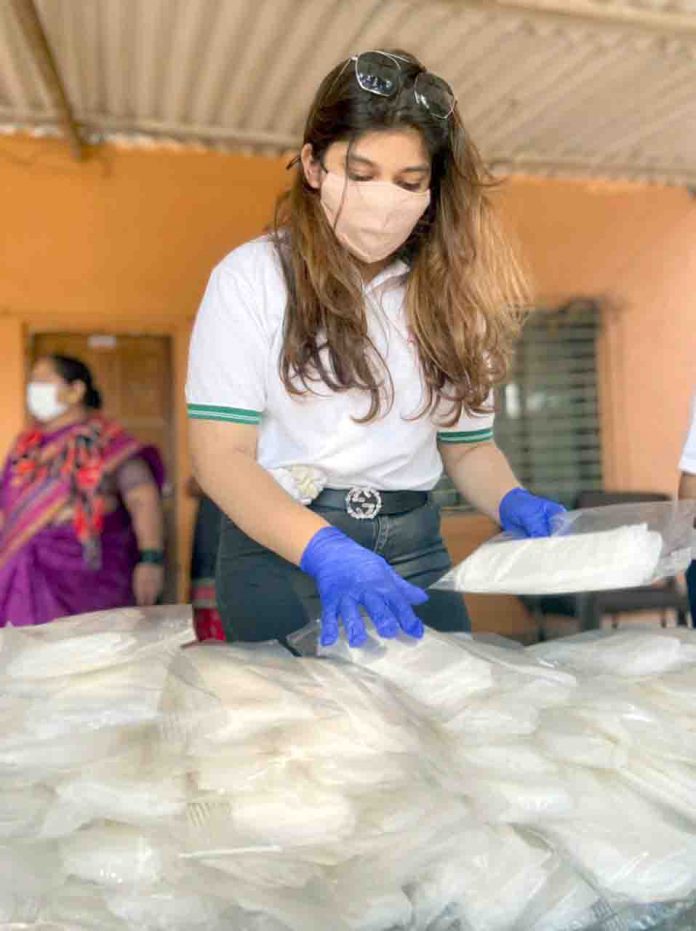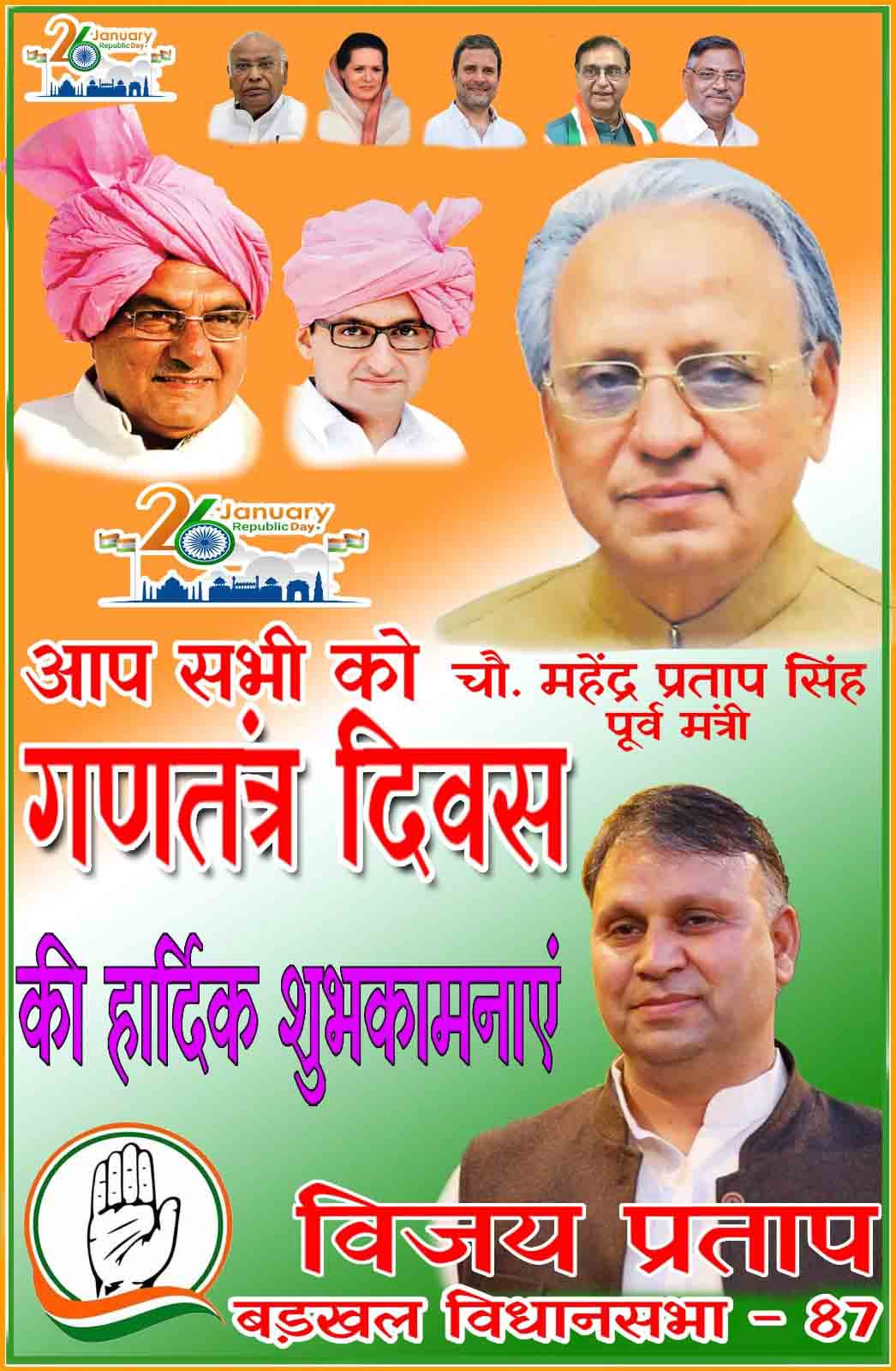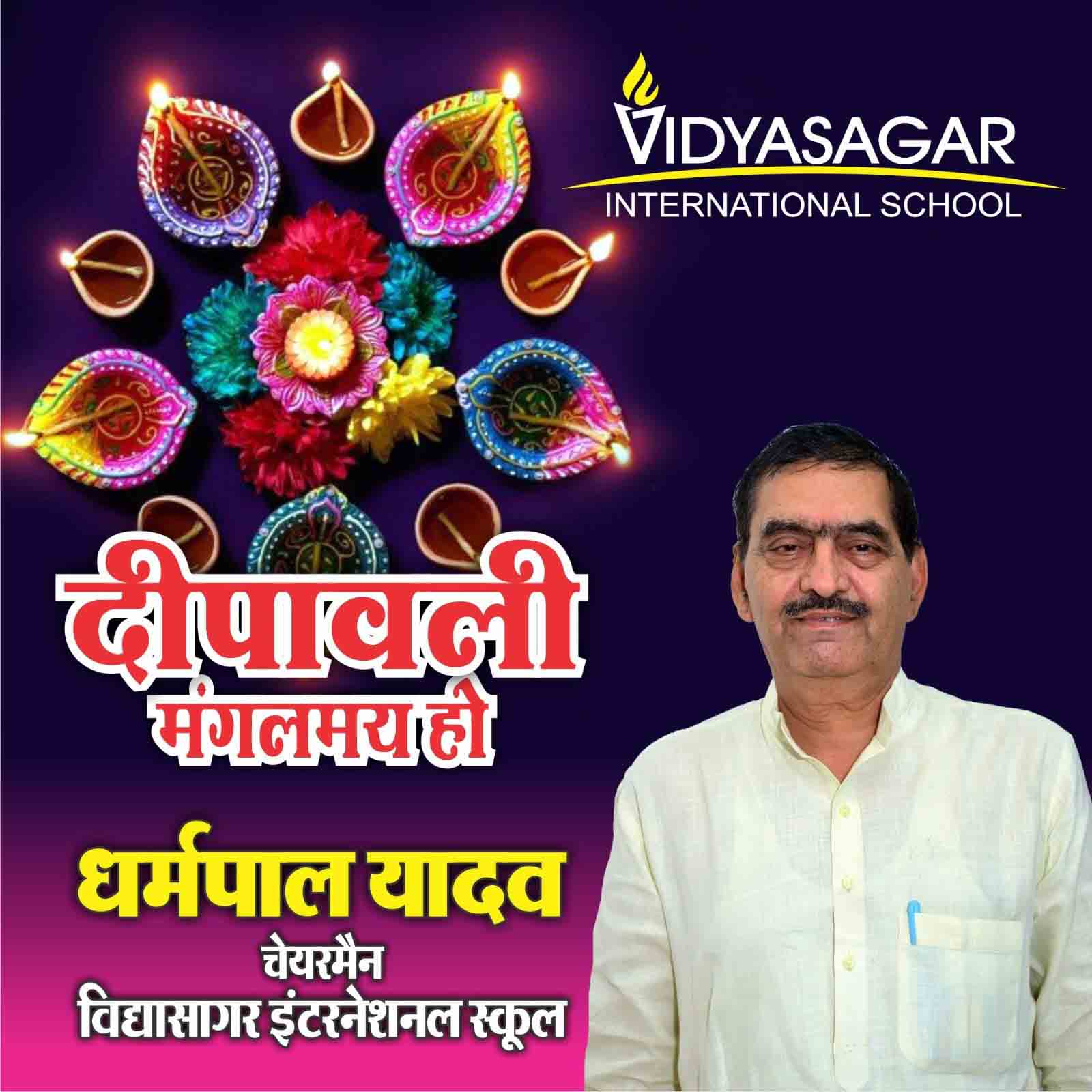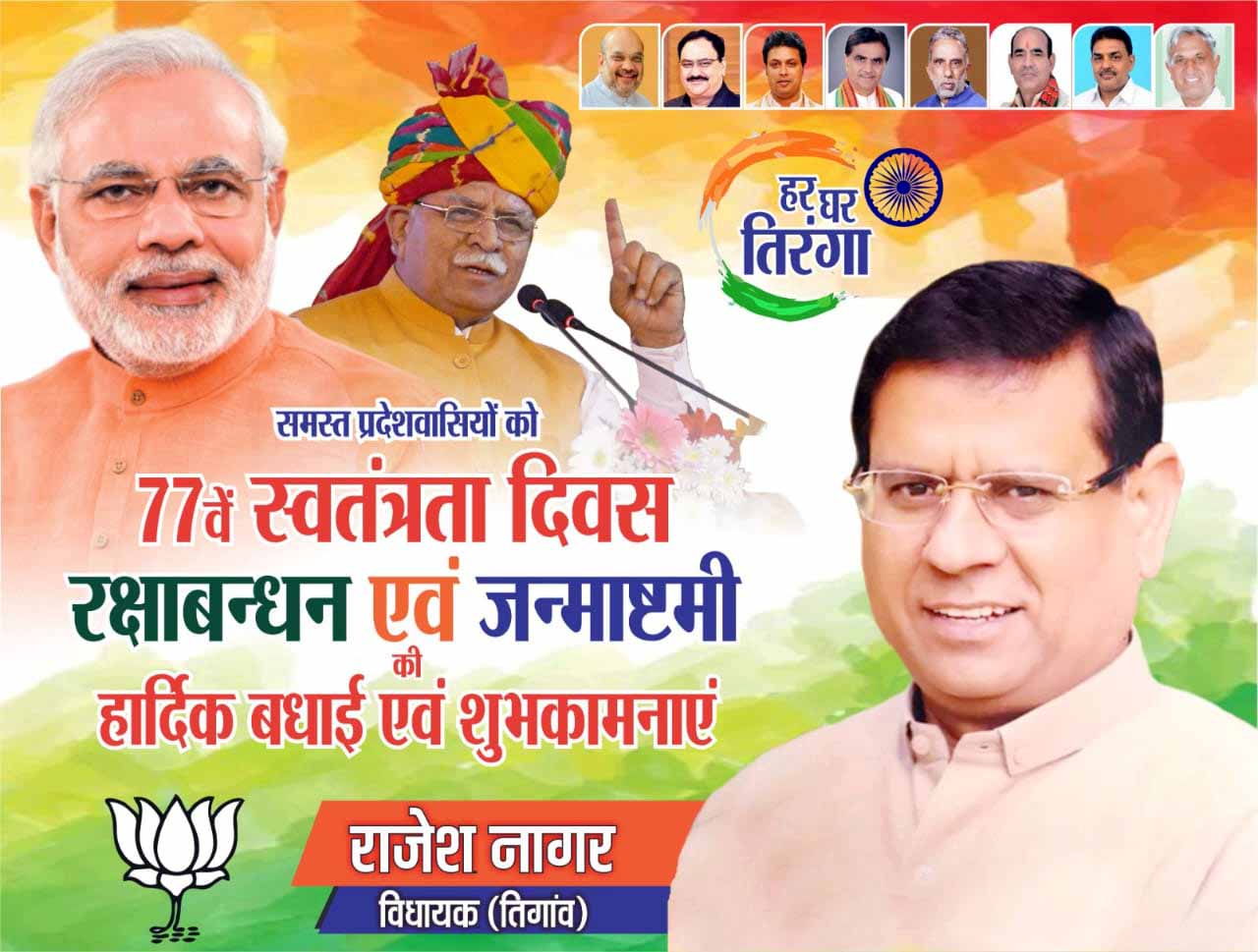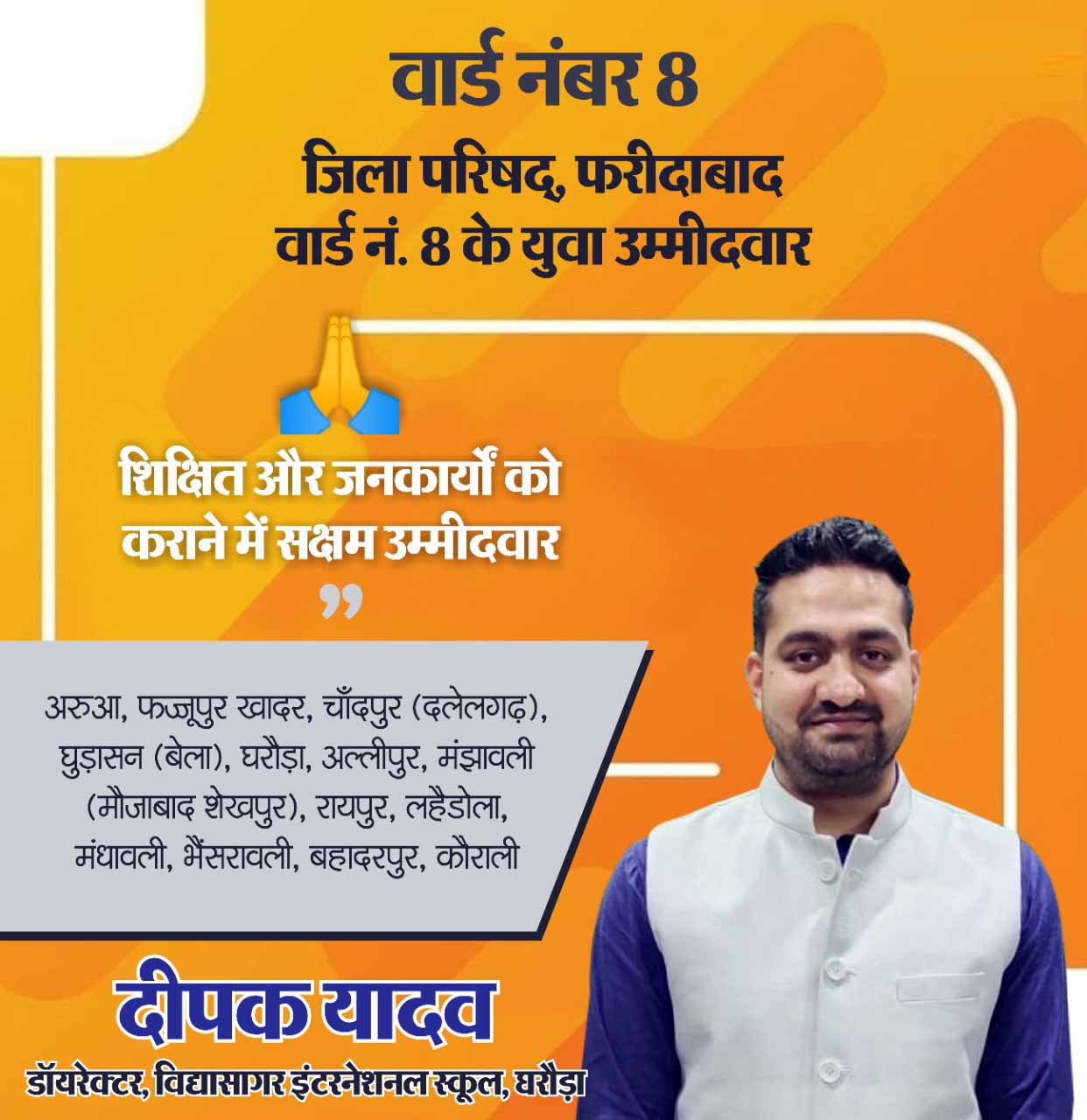New Delhi News, 22 April 2021 : In a land of more than 100 crore population, only 36% of women use sanitary pads. Living in poverty in remote villages and cluttered slums, these women who are riddled with issues such as hunger and safety ignore their basic rights to menstrual hygiene.
Samreedhi Bajaj, a 16-year-old intern from Youth for Global Peace & Transformation (YGPT), along with volunteers spread across Mumbai, Amritsar, Ludhiana and Jalandhar, distributed biodegradable sanitary pads in association with Saathi pads to more than 500 underprivileged women.
Women in India often use dirty rags as a replacement for sanitary pads and sometimes nothing at all, not realizing the health risks associated with it. In a world where menstruation is still a social stigma, 70% of all reproductive diseases are caused by poor menstrual hygiene.
Period as a topic is still considered a taboo. Samreedhi aims to educate the masses. She said, “The stigma has to end. Every woman must have access to sanitary pads and a right to menstrual hygiene education.”
After a lot of research, the team discovered Saathi, a genuine and trustworthy biodegradable sanitary pad manufacturer based in Gujarat. With their support Samreedhi successfully distributed 1320 biodegradable sanitary pads to 330 tribal ladies. The rest of the regions reached out to 900 ladies. The response was overwhelming.
Samreedhi will continue to distribute biodegradable sanitary pads and educate women on menstrual hygiene. Determined to bring about a change in the world, she has constantly been working towards the betterment of humanity with numerous social service activities such food distribution drives, blanket distribution, etc.
Samreedhi aims to reach out to more underprivileged women in the coming months, thus spreading happiness and eliminating diseases. Born on 2nd August 2004, a teenager, she is currently studying in Aditya Birla world academy. “Since I was 10 years old I have always wanted to bring a change in the society, the women are the most integral part of the society and must be taken care of as their growth is the growth of the nation as a whole,” she signs off.


